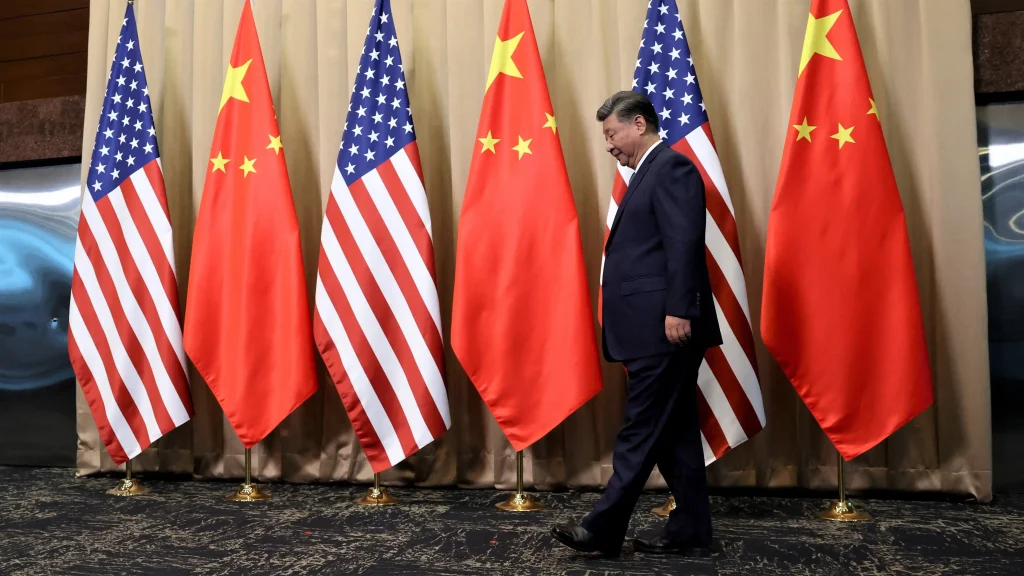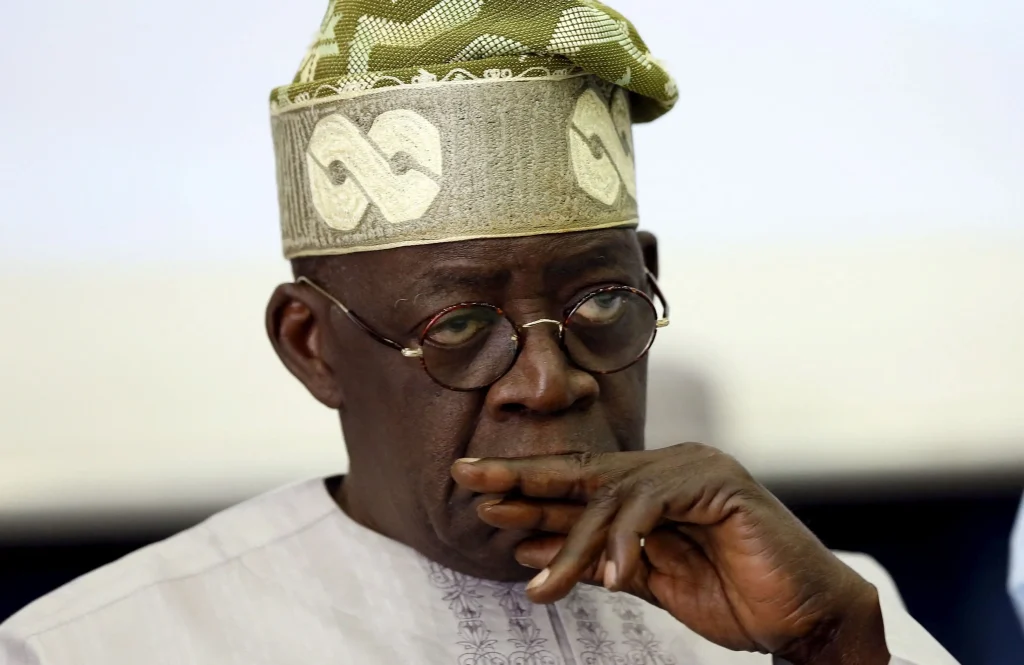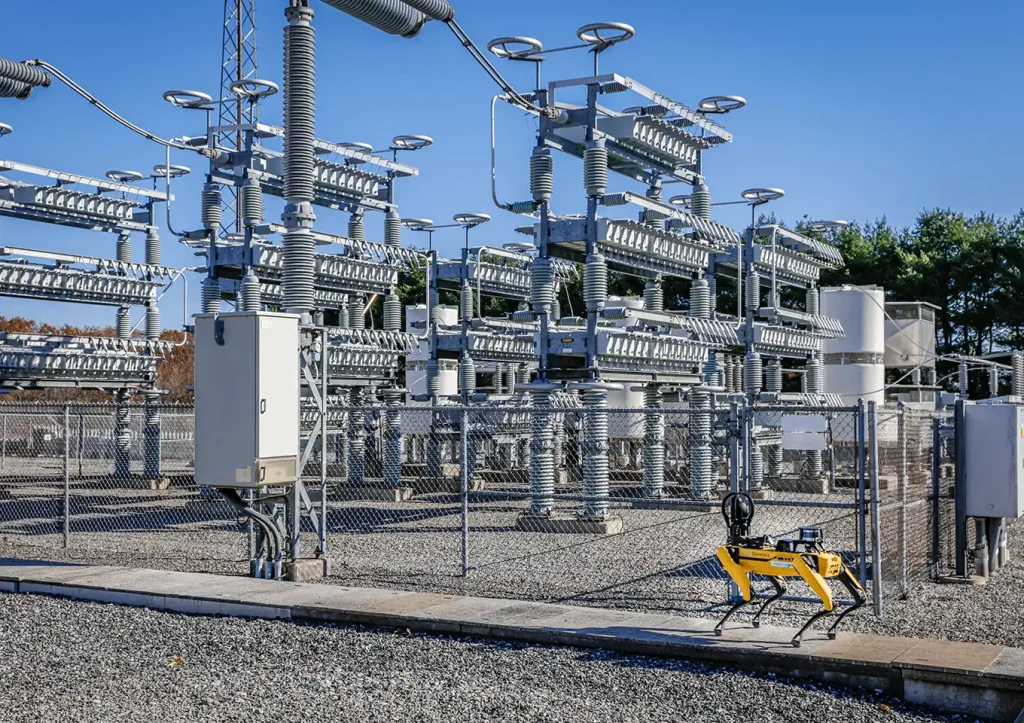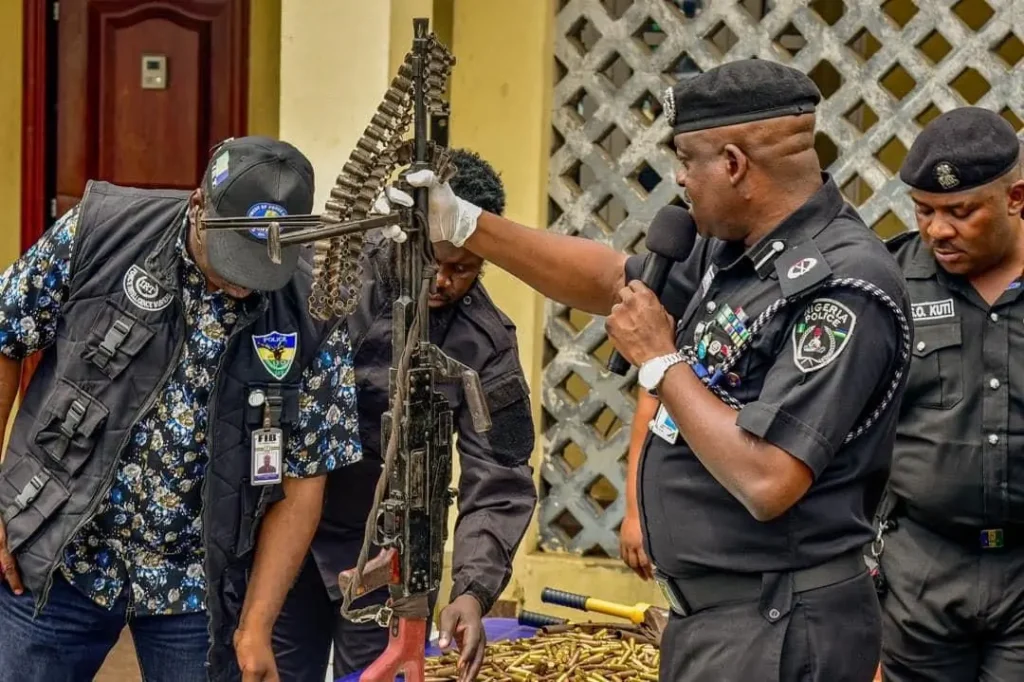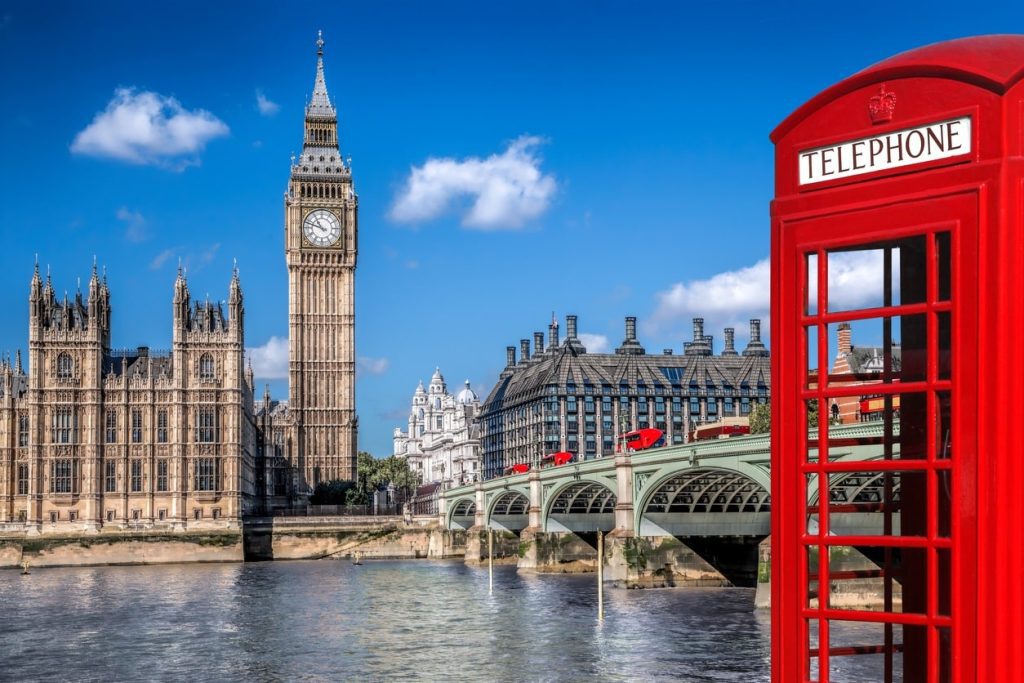The recent strike by commercial bus drivers in Lagos protesting against harassment and extortion by transport union operatives sheds light on the failure of the Lagos State Government to address the criminal activities of touts. Governor Babajide Sanwo-Olu must urgently tackle this menace in the interest of the megacity and its 22 million residents.
Lagos, long notorious for its chaotic transportation system, has seen conditions worsen with the oppressive and violent actions of transport unions. The government must eliminate these disruptive elements from the streets, garages, and parks, and implement comprehensive, long-term reforms to improve public transportation.
Frustrated by the relentless levies and extortion by union enforcers, commonly known as “agberos,” members of the Joint Drivers Welfare Association of Nigeria (JDWAN) have expressed their exhaustion. Their leader, Abiodun Akintade, stated, “Drivers and commuters have had enough of the extortion and harassment from park management and caretaker committee thugs.” He emphasized that the excessive charges imposed by these union operatives significantly contribute to the rising cost of goods and services, affecting both the drivers and the working-class population who rely on commercial transport.
The violent activities of these union thugs, who often operate with impunity, have become a public nuisance. They disrupt traffic, engage in street fights, and extort money from bus drivers at every stop, even in the presence of law enforcement officials. For example, rival factions of the Road Transport Employers Association of Nigeria recently clashed in a violent battle for control of the Mile 2-Badagry highway.
The burdensome fees imposed by the unions are passed on to passengers, worsening the economic hardship faced by many Lagosians. Previously, union collectors confined their activities to motor parks, where they offered services to attract passengers. Now emboldened by the apparent inaction of state and local authorities, they have expanded their operations to bus stops, where they forcefully issue tickets and collect dues. Lagos residents feel betrayed by the government, which they believe has allied itself with the union operatives. Some union leaders even travel with police escorts, further highlighting the collusion between the government and the unions.
The Lagos State Government’s relationship with Musiliu Akinsanya, a prominent union leader, exemplifies this problematic alliance. When Akinsanya was removed as chairman of the Lagos State chapter of the National Union of Road Transport Workers for alleged misconduct, the government responded by suspending the union’s activities entirely and appointing him as the head of the Lagos State Parks Management Committee (LSPMC).
In 2019, during a political rally attended by outgoing Governor Akinwunmi Ambode and Sanwo-Olu (then a candidate), Akinsanya and several others were injured in a violent clash between rival union members.
Legally, parks and garages fall under the jurisdiction of local governments, and levy collection should be restricted to those areas. It is unacceptable for union operatives to collect fees at every bus stop. JDWAN has reported that between Badagry and Alaba, there are 25 stops where agberos demand money from drivers. Those who refuse to comply face violence or vandalism of their vehicles.
A report by the International Centre for Investigative Reporting revealed that transport unions in Lagos generate an estimated N123 billion annually from commercial buses, tricycles, and motorcycles, with about N82 billion extorted from bus drivers alone. On average, each bus driver pays around N3,000 daily to these union operatives, perpetuating a lucrative protection racket.
Globally, such forced payments for protection are recognized as criminal racketeering by organizations like the International Police Organisation (Interpol). Under Nigeria’s constitution, membership in any union is voluntary, and so is the payment of union dues. Section 40 of the 1999 Constitution guarantees the right to freely associate with others or form unions, making the compulsory extortion of fees by unions illegal.
Before the advent of civilian rule in 1999, the military administration of Mohammed Marwa had effectively cleared Lagos roads of agberos through strict law enforcement. However, the touts reemerged shortly after Bola Tinubu took office as civilian governor, and have since become deeply intertwined with the state’s political factions. They openly smoke marijuana, engage in fights, and create disorder in parks and bus stops, often harming innocent bystanders.
The Lagos State Government’s aspirations to transform Lagos into a megacity and smart city seem hollow given its inability to control unruly transport unions. Modern governance demands a more sophisticated and law-abiding approach.
Lagosians should no longer remain silent. The fight against extortion should not be left to bus drivers alone, as everyone in the city is affected by these practices. Civil society organizations, community development associations, professional bodies, and corporate entities must come together to resist this oppression. Through collective action, including litigation and public mobilization, residents must reject the continued tyranny of agberos and the complicity of government officials.
The reform of Lagos’ public transportation system must be comprehensive. While the union thugs need to be removed from the streets, the government must also enforce existing traffic laws. Many minibus drivers operate in complete disregard of traffic regulations, driving without headlamps, signal lights, wipers, valid vehicle papers, or licenses. Their reckless behavior contributes to the constant gridlock on Lagos roads, often overwhelming traffic enforcement officers.
A modern, efficient, and orderly transportation system is essential for any megacity. Governor Sanwo-Olu must take decisive action to end the lawlessness on Lagos roads and fulfill his responsibility to protect and serve the residents of the city.


